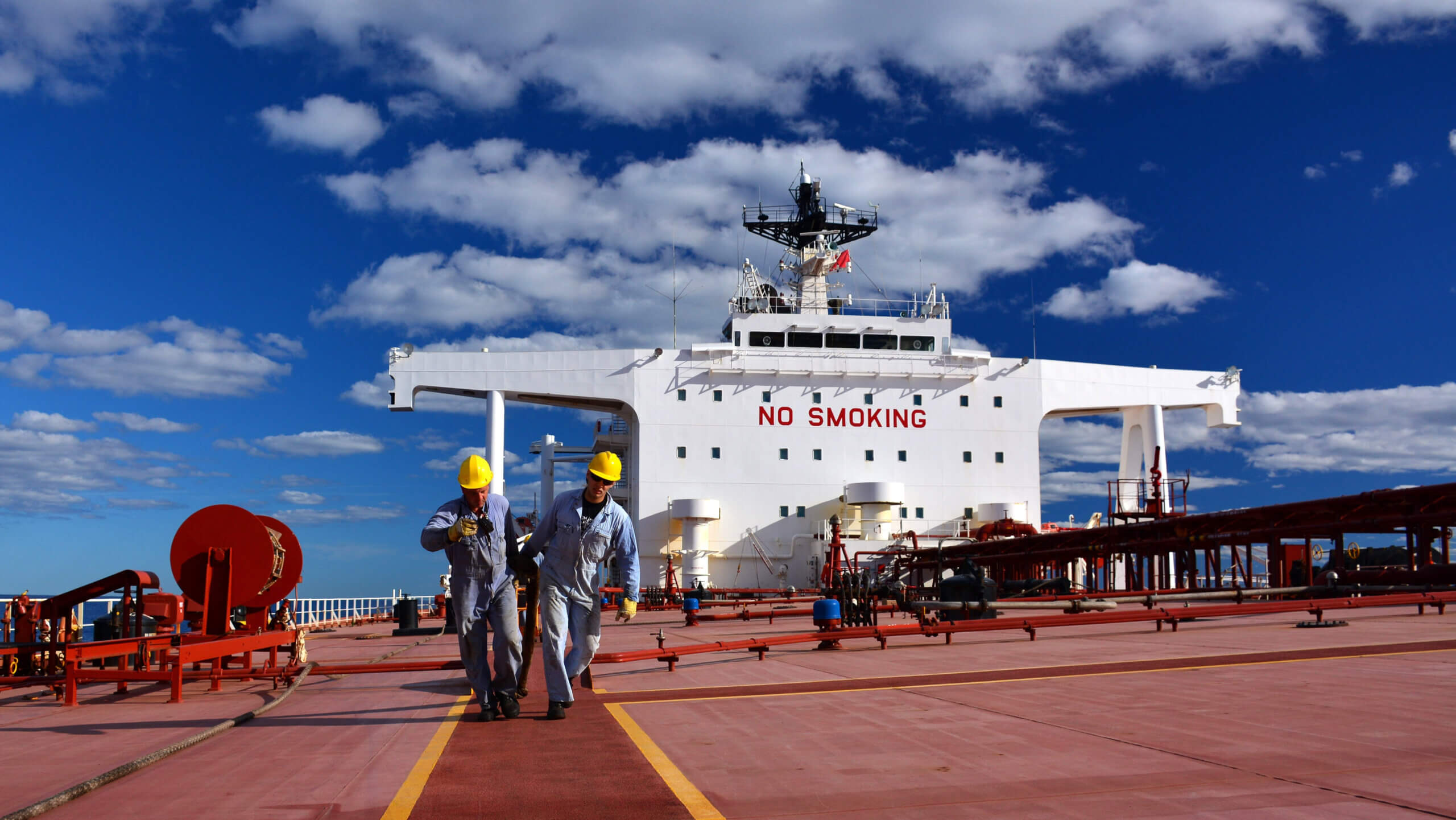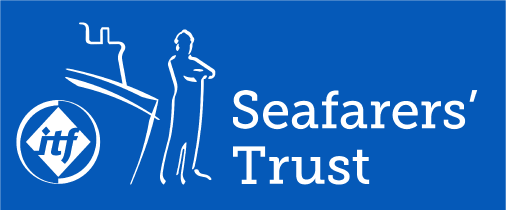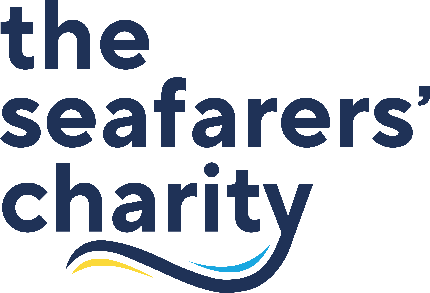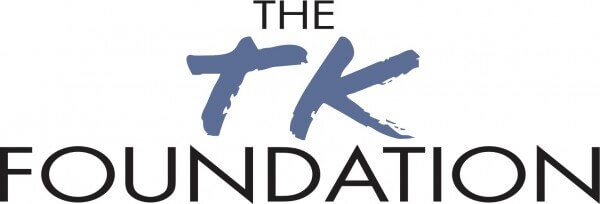SeafarerHelp has experienced rising numbers of contacts relating to mental health difficulties, reflecting the evolving need for emotional support at sea.
Data from the International Seafarers’ Welfare and Assistance Network’s (ISWAN) SeafarerHelp helpline shows rising numbers of contacts relating to mental health difficulties, reflecting the evolving need for emotional support at sea.
ISWAN has been operating what is now known as SeafarerHelp, the free, confidential, multilingual helpline for seafarers around the world, for over 20 years. The original rationale was to provide a ‘one-stop shop’ that could help seafarers to access information and support that would otherwise be difficult to come by in a foreign port or on pre-internet vessels, whether this was providing the details of the seafarer centre in their next port, or supporting seafarers to navigate very complex challenges such as experiences of abandonment or onboard harassment.
Data from SeafarerHelp provides rich insights into the realities of life at sea and how the challenges that seafarers face evolve over time. ISWAN’s helpline service also continually adapts to meet their changing needs. The arrival of high-speed internet onboard has had a transformational impact on many aspects of life at sea, including how seafarers make use of SeafarerHelp. Long gone are the days when the majority of seafarers picked up the phone or sent a text message to communicate with ISWAN’s helpline officers – in the first half of 2025, 38% contacted SeafarerHelp through live chat, whilst 31% reached out through WhatsApp.
The advent of onboard internet has also impacted the role that SeafarerHelp plays for the seafarers it serves and the nature of contacts that ISWAN’s helpline receives. ISWAN continues to be the first port of call for any and all concerns that seafarers may have. However, the arrival of high-speed connectivity means that many seafarers now have alternative ways to find out what they need to know. Indeed, in the first six months of 2023 and 2024, over half of all issues that seafarers raised to SeafarerHelp were logged as general enquiries. However, in the first half of 2025, this proportion had fallen to 15% of reasons for contacting ISWAN’s helplines.
This decline in the proportion of general enquiries logged via SeafarerHelp reflects in part ISWAN’s efforts to strengthen the use of helpline data to provide insights into seafarer welfare trends and how they evolve over time, particularly in response to global events. As part of this work, in mid-2024, ISWAN introduced a more detailed taxonomy to log the issues that seafarers raise, meaning that helpline contacts are recorded in a more granular way.
However, the fall in general enquiries goes beyond improved recording practices: in recent years, ISWAN’s helpline operators have reported a sustained drop in the proportion of relatively straightforward information requests that they handle. In contrast, seafarers have increasingly reached out to SeafarerHelp for support with much more complex difficulties, frequently involving challenges to their mental health. In the first half of 2025, 15.5% of issues raised to SeafarerHelp related to mental health difficulties, up from 7% in the first half of 2024 and 5% in the first six months of 2023.
ISWAN’s new problem type taxonomy provides much more detailed insights into the nature of the mental health challenges that seafarers are raising with SeafarerHelp officers. Perhaps unsurprisingly, given the intense pressures of working and living at sea, workplace stress was the most commonly raised concern, accounting for 32% of all mental health issues raised. This was followed by worry (27%) and low mood (23%). For many seafarers, these difficulties were exacerbated by challenging work environments, such as interpersonal issues with other crew members; feeling excluded or isolated onboard; harsh or punitive leadership cultures; and for some, experiences of onboard abuse, bullying, harassment, discrimination or violence. For others, anxiety about their home life was placing strain on their mental health. Relationship issues, worry about family members or financial concerns are common themes in contacts to SeafarerHelp.
Concerningly, 9% of crew contacting SeafarerHelp in relation to their mental health reported thoughts of suicide. Whilst seafarers who seek support for suicidal thoughts represent a small percentage of contacts to SeafarerHelp, the serious and complex nature of these difficulties mean that they occupy a much greater proportion of helpline officers’ time. As many seafarers have very limited access to support and intermittent channels of communication whilst at sea, the model for SeafarerHelp has always been different to that of most non-maritime helplines. Rather than providing single, self-contained conversations when needed, SeafarerHelp officers keep in touch with seafarers over a number of days, weeks or even months until they feel safer, better able to cope or have been able to access more long-term support.
Seafarers’ increasing use of SeafarerHelp to provide support at times of challenge or crisis does not, in isolation, point to a rise in mental health issues at sea. In recent years, there has been a substantial increase in awareness about the extreme stress that living and working at sea place on seafarers’ mental health. Whereas historically, the culture of stoicism and invulnerability that predominated in the maritime world meant that mental health challenges were heavily stigmatised, the recent focus on mental health at sea has, at least in some instances, helped seafarers to recognise when they are struggling and feel more able to reach out for support. In tandem, ISWAN’s helpline officers have, over the years, become increasingly attuned to detecting when a seemingly simple request for information about a seafarer’s next port visit may conceal a deeper need for a listening ear.
What ISWAN’s experience of operating SeafarerHelp for the past 20 years does demonstrate is that seafaring life, with its combination of high-risk work, a confined onboard environment and prolonged separation from loved ones, poses inherent mental health challenges. It is vital that the maritime sector continues to build awareness, take preventative measures and provide appropriate support. Furthermore, the conversations taking place between ISWAN’s helpline officers and seafarers around the globe point to the need to continually deepen understanding about evolving mental health challenges at sea. Seafarers frequently talk to SeafarerHelp officers about how reduced crew sizes, complex multicultural crew dynamics, a lack of shore leave, rapid technological change and the proliferation of onboard digital technologies are impacting their health and wellbeing. In this rapidly changing maritime environment, SeafarerHelp’s changing remit points to the much broader ongoing need to ensure that seafarers and their families have the support that they need to cope with the ever-evolving challenges of life and work at sea.
ISWAN Insights: Spotlight on SeafarerHelp, an infographic highlighting key data from the helpline from 1st January to 30th June 2025, can be downloaded here.






